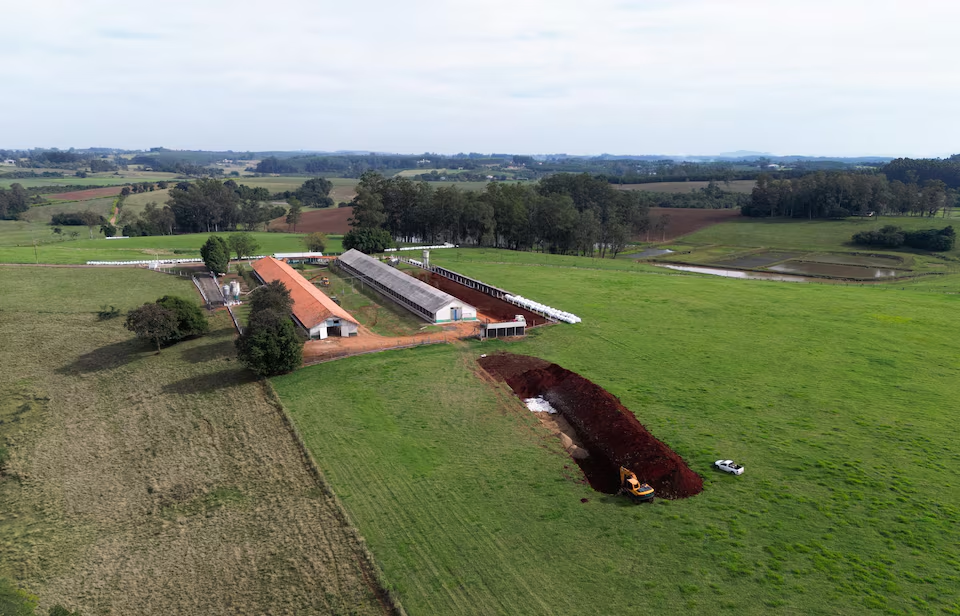Elon Musk and former U.S. President Donald Trump have announced an unlikely alliance to combat what they describe as the growing dangers of artificial intelligence in the film industry, particularly the creation of AI-generated movies that manipulate public perception and historical narratives.
The partnership was revealed during a joint event held in Austin, Texas, where Musk and Trump unveiled plans to launch a new initiative aimed at regulating the use of generative AI in entertainment. The move follows rising concerns that AI-generated films and deepfakes are being used to spread misinformation and distort reality.
“We are entering a dangerous age where machines are being used to rewrite truth,” Musk warned the audience. “What you see on screen could be entirely fake — historical events, famous figures, even living people — all digitally manufactured and manipulated without consent.”
Trump echoed the sentiment, describing AI-generated content as a threat to freedom of speech and national identity. “These AI movies are being used to brainwash the public, to erase our culture and rewrite history,” he said. “We won’t let the radical left or Silicon Valley elites control what Americans see and believe.”
The campaign, tentatively named “Truth in Media,” will reportedly involve lobbying for new federal regulations, the creation of a watchdog group to monitor AI-generated content, and support for legal frameworks that require labeling and consent for any use of AI to recreate real people or events.
While Trump’s involvement focuses largely on ideological and political concerns, Musk has emphasized the broader ethical and technological risks associated with synthetic media. In recent months, Musk has increasingly criticized the unchecked use of AI in public spheres, from fake celebrity videos to propaganda films.
The initiative has sparked strong reactions from both the tech and entertainment industries. Civil liberties groups warned that attempts to regulate generative AI may backfire if not implemented carefully. “We support transparency,” said Electronic Frontier Foundation spokesperson Laura Hart. “But vague or sweeping restrictions could stifle creativity and legitimate uses of the technology.”
Hollywood studios, many of which are experimenting with AI for scriptwriting, CGI, and even fully AI-generated performances, have expressed concern over the proposal’s potential impact. Several executives, speaking anonymously, suggested the effort is more political than practical and could face resistance from key industry players.
Analysts also point to the political symbolism of the Musk-Trump partnership. Despite their previously divergent views on some issues, both figures have positioned themselves as vocal critics of mainstream media and what they perceive as the misuse of technology by liberal institutions.
“This is a cultural war disguised as a tech policy debate,” said media analyst Gabriel Suarez. “Trump sees an opportunity to rally his base around ‘fake media,’ and Musk sees a chance to shape the ethical conversation on AI from a libertarian-leaning perspective.”
So far, details on how the initiative will be implemented remain scarce. It is unclear whether the “Truth in Media” project will include legislative proposals, public awareness campaigns, or commercial ventures such as alternative film platforms.
Both Musk and Trump hinted at future announcements, including a possible media production entity dedicated to “truth-based storytelling” free from AI distortion. The project is expected to gain more visibility during Trump’s 2024 campaign appearances and Musk’s upcoming tech summits.
Critics warn that without clear, enforceable standards, the initiative could amount to political theater rather than a viable solution to the very real challenges posed by generative AI. Nonetheless, the Musk-Trump alliance marks one of the most high-profile efforts to confront the cultural disruption caused by artificial intelligence in the creative sector.
As the debate intensifies, experts agree that AI’s impact on media — and the fight over who controls its narrative — is only just beginning.
Source; The Guardian



